Is your thought leadership strategy as solid as a rock? Let's get real—having a strategy…
From Stimulation to Information to Wisdom
It used to be that the person with the access to the most information had a distinct advantage in the marketplace. In many industries this is still true but to much less of a degree today than in the past. However, in most situations it’s not having access to the information that gives you the edge, it’s your ability to convert information into wisdom that does.
We live in the age of information stimulation. We are bombarded by more data than we can handle or manage effectively. In fact, in many cases it can become a huge distraction from the tasks we are focused on. Between the sources of information (the web, social media, etc.) and the number of devices we are connected to (iPhones, laptops, Blackberries, etc.) the flow is endless. We need to be focused and strategic in how we handle and manage information so that we can put it in context and gain insight or wisdom. It’s the wisdom that we gain from the effective management of the information that is the desired outcome.
How often have you found yourself looking up X online to gain understanding or clarity and found yourself somehow on YouTube looking at an unrelated video or an obscure website reading an article on something irrelevant? So how do we take advantage of living in a time that gives us access to so much?
I don’t think there is a one size fits all answer to that. For some the use of software platforms (such as Evernote) can be helpful, for others it may be as easy as raising your level of awareness relative to how you are spending your time. Surfing the web alone does not yield wisdom, it can help you gather information. Make sure what you are gathering is in line with what you are seeking. Carve out the time you need to dive into the information and see how it can yield a new insight.
It’s become more difficult to spend the time we need contemplating and pondering information. If you can break out the gathering process from the thinking process as opposed to trying to do both simultaneously you’ll be able to move from stimulation to information gathering to wisdom much more effectively.
Comments (13)
Comments are closed.
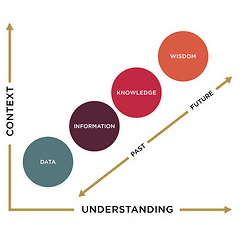

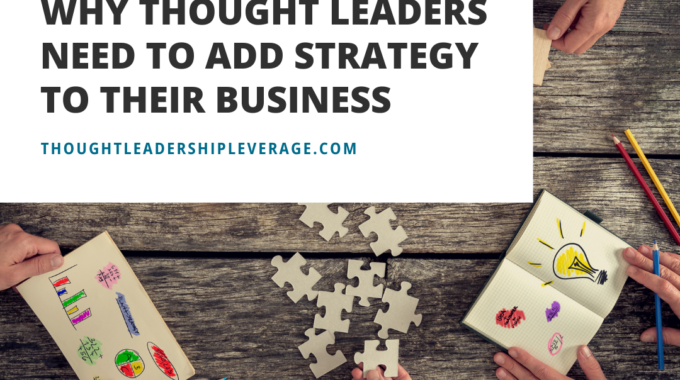
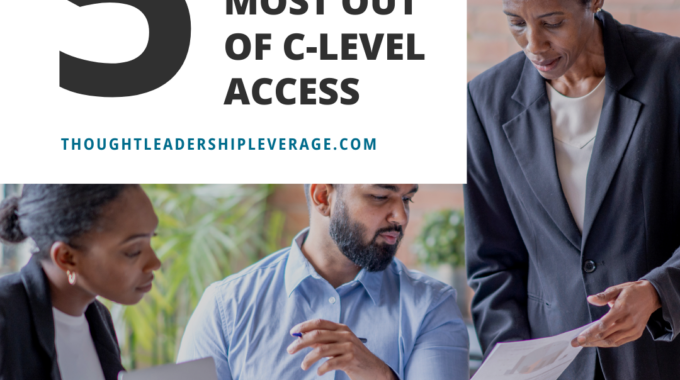
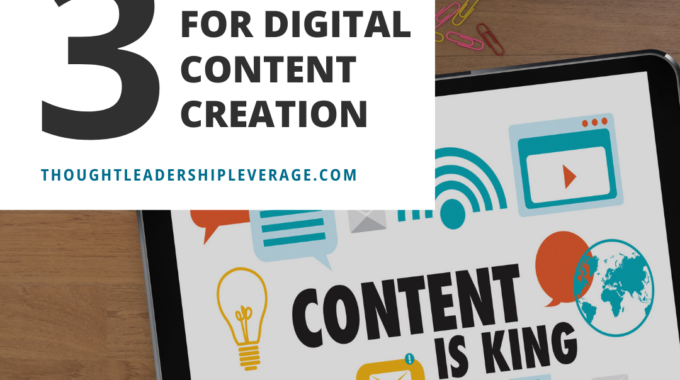
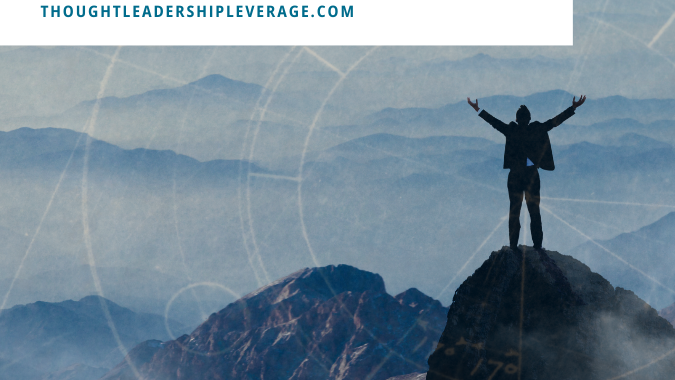
A sound advice in this age of information overload and information maze.
Very true, Peter. Also, setting aside time in the day for meditation and contemplation makes such a difference. I find it easiest to practice first thing in the morning, with an additional few minutes to review the day at bedtime.
Great post Peter. I now find that I focus more in two stages; 1) information gathering and holding; 2) filtering and re-reading the data during a quiet moment.
For instance I have given your article herein a first past this evening and “like” it enough to hold over for tomorrow morning when I can review during a quiet moment.
I find this method grants me greater absorption.
Keep the posts coming I enjoy following you on Twitter.
An eye-opener in the age of Google. Thank you!
Thank you for sharing your wisdom. I agree that the gathering process should be separate from the thinking process. And in between these processes, filtering (as mentioned by Roger Downie in the comment) will be applied.
What you shared is so true. Its as if the very tools we created towards achieving a goal are the same tools hindering us frim doing so. Realising the situation exists is the very first step, then comes weaning process. Its almost like going cold turkey for me…
Its soooo easy to get distracted. I often will use a timer and set it for 15 minutes. That keeps me hyper focused when researching. Otherwise, its trying to follow a rabbit trail. Great post.
I find myself inundated with so much information that this article puts focus on how I can handle the gathering process and reach the wisdom stage.
In the words of Clay Shirky – “There is no information overload, there is a filters failure”.
You made a valid point. It’s important to focus research. For me, research is like shopping for food. You will find good high quality food on the shelf that you need. Meanwhile, you will see junk food that is nice to have. For every piece of research, I ask myself do I need this or it is just nice to have? This can help your research journey go much faster. Furthermore, you will have valuable insights at the end.
Hi Peter. You suggest that we should “Make sure what you are gathering is in line with what you are seeking”. Certainly, that should be the case when we are on task and facing an imminant deadline. Sometimes, however, the best way to understand a bush is to beat around it, and the most effective way to think about something is to think about something else. Our brain seems to be able to continue sorting out a problem that’s our mind in the background, whether we are conscious of it or not. I admit that I probably spend too much time “off task”, especially on Twitter. But going for a walk can loosen the mind sometimes and open it up to new thoughts and ideas. There’s nothing like an aimless wander down the Stweet to jog the brain out of its routine thinking patterns. After all, if I wasn’t “wasting” my time this way, I wouldn’t have come across the Twitter message that led me here! Now, I better get back to that overdue report . . .
Everything you say is true, but it feels unfinished. What do you do with “wisdom”? I think there is a 5th stage, but it isn’t in a direct line, like the next circle in your image. It’s more like the iterative process in design, which goes around in a spiral fashion; the design progresses a bit on each successive iteration. I don’t have a name for this next step, but in what I do, I’d call it “integration” – where pieces of wisdom connect together into a thought chain.
Charles Nelson, @design_node
This presupposes that knowledge turns into wisdom with more understanding of context. That’s the way I used to think of it and created a Sundays model in the early 2000s. Knowledge Management was a big thing those days. My epiphany has been that wisdom is not on this value chain—it comes from somewhere else.